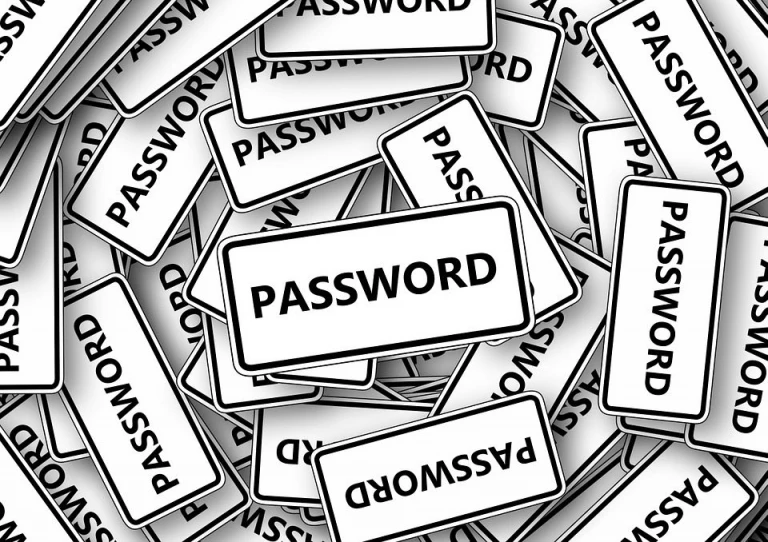5 best security tools for your home office: The ultimate guide
HOME / / 5 best security tools for your home office: The ultimate guide
The current landscape makes it possible for people to work from home. This is different from the traditional office-based work conditions that were way more popular not so long ago – just before the pandemic.
The digital transformation in many industries and companies instigated and facilitated this form of remote work.
However, digital communications and online activities are not completely secure. Within a company, cyber threats and the tools to tackle them are a company concern. In a home office, they are a personal concern.
In order to help alleviate this problem, we’ll propose 5 of the best security tools you should have in your home office.

1. Antivirus Software
An antivirus is an essential security tool for any home office because it is the primary identifier of malware. In addition to identification, this tool also helps web users expel malware.
Antivirus functions make it necessary for remote workers. Such people and freelancers regularly need to download files from sources they are not so sure of. As a result, an investment in a reliable antivirus is a worthy first step to protect against malicious entities and files your network might come across.
However, the effectiveness of an antivirus is dependent on how updated the software is. A typical antivirus performs its functions by comparing file signatures to those of known malware. They also use heuristic analysis to identify suspicious behaviour. That said, they need to be up to date with current and emerging threats to offer top protection. That being said, having an antivirus is just the first step: be sure to regularly update it as well.

2. Firewalls
Remote workers and freelancers are dependent on online resources in one way or another. Consequently, their system and network security is vulnerable to cyber threats.
A firewall helps to reduce the vulnerability by acting as a protective digital sieve between a computer/network and the internet. It could be software-based or hardware-based. A typical firewall monitors the inflow and outflow of traffic. It then allows or blocks the flow of data according to specific security rules and configurations.
The consequence of a firewall for remote workers is that it prevents unauthorized access. However, you should note that this tool is unlikely to prevent an accidental release of personal information. As such, familiarity with secure browsing practices, education on online threats, etc. is essential.

3. Virtual Private Network (VPN)
Every remote worker should have a VPN. The VPN uses encryption and tunnelling protocols to protect data and provide security. As such, they are very effective for people who may need to connect to unsecured Wi-Fi networks. The best VPNs also have no-logs policies, effectively wiping evidence of activity after every session.
In addition, VPNs can be useful for a company hiring remote workers. They can use the secure network provided to facilitate access to resources where needed.
The tunnelling protocol of a VPN and the process of rerouting traffic through the VPN server can help mask IP addresses. This trait is useful for remote workers looking to anonymously scrape job data to help their applications.
You will find suitable VPNs for all operating systems. You can also search for a VPN for specific devices – for example, a VPN for computers and phones or even a VPN for MLB TV. All your gadgets should be equipped with it if you work from home because any vulnerable personal device at the house may also expose your professional information.

4. Password Managers
Remote work can sometimes require multiple tools. These tools may necessitate the creation of more online accounts in addition to already existing personal ones. Such accounts, in turn, require strong and unique passwords for security. Password managers can reduce the burden of managing these accounts.
Depending on the developer, a password manager can have different functions. That said, all of them do the basic function of saving and auto-filling passwords where necessary.
In addition, a reliable password manager can do the following:
Create strong passwords with a password generator;
Monitor online data breaches for potential password leaks;
Notify users to change passwords regularly.

5. Multi-Factor Authentication (MFA)
Authentication is the process by which web users retain their identity in order to gain access to a website, software, or resource. The most popular form of authentication is the use of login credentials (username and password).
However, those aren’t the only means of authentication. Multi-factor authentication refers to a process where users have to verify their identity using two or more factors.
The factors of authentication are often based on something a person knows (like a password), has (like a smart card or security token, or who they are (using fingerprints, retina scans, etc.). As such, a user who uses an MFA is more secure than one who doesn’t. Wherever possible, you should employ it to protect accounts and data.
It is convenient to work from home. Unfortunately, though, doing so means you are exempt from the security afforded by a corporate network.
Due to this, it is important to incorporate the above tools into your working life. They help improve your security, but that doesn’t negate the possibility of malicious attacks completely.
In addition to the above tools, you should also imbibe secure browsing practices. For example, exercise caution before clicking links or opening attachments. You should also update browsers and other software regularly to get the latest security patches.
There’s no need to have all the security measures if you’re aware of the possible threats and the way they’re performed, so go for the basics. A holistic approach that combines the best tools and practices is the surest bet for security as you strive to make a living from home.

"We’re delighted to be the 2000th loan recipients!"
